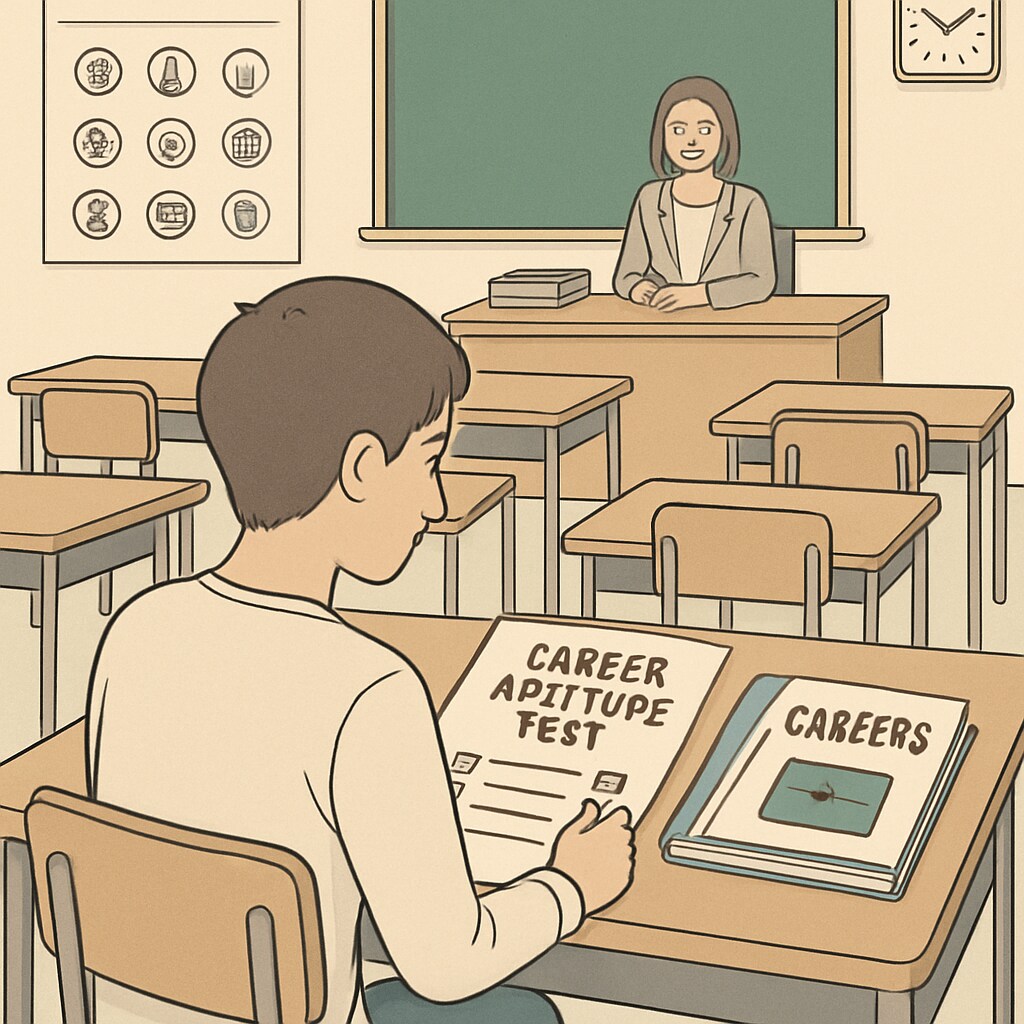When it comes to academic and career planning, many young adults find themselves at a crossroads, torn between personal passions and the expectations of their families. This conflict is especially evident for university students who have chosen to leave traditional academic paths, often leading to uncertainty about the future. In this article, we will explore how early education in the K-12 system can play a pivotal role in helping students discover their interests and prepare for career decisions. Additionally, we’ll provide practical strategies for balancing family expectations with personal aspirations, using the example of a 22-year-old university dropout seeking guidance.
The Role of K-12 Education in Discovering Personal Interests
The foundation for effective academic and career planning begins early, during the K-12 years. This stage is crucial for helping students identify their strengths, interests, and potential career paths. Schools that incorporate career exploration activities and personalized learning opportunities equip students with the tools they need to make informed decisions about their futures.
- Career Exploration Programs: Activities like career days, internships, or mentorship programs expose students to a variety of professions, allowing them to envision potential paths.
- Interest-Based Learning: Encouraging students to engage in electives or extracurricular activities tailored to their passions fosters self-awareness.
- Guidance Counseling: One-on-one sessions with counselors can help students align their skills and aspirations with realistic academic and career goals.
For example, schools can integrate frameworks like the Holland Codes (a career-interest assessment tool) into their curriculum. These tools help students match their personalities to career paths that suit their natural inclinations. Early exposure to these practices reduces the likelihood of students entering fields they later find unfulfilling.

Balancing Family Expectations with Personal Goals
While K-12 education can provide a strong foundation, the real challenge often arises when personal interests conflict with family expectations. In many cultures, parents may prioritize financial stability or social prestige over their child’s passions, leading to pressure to follow a predefined path. For a university dropout, this pressure can be exacerbated by feelings of disappointment or failure.
Here are strategies for navigating this sensitive dynamic:
- Communicate Openly: Having an honest conversation with family members about your interests and goals is crucial. Frame your aspirations in terms of long-term success and fulfillment.
- Provide Evidence: Sharing research or examples of successful individuals in your desired field can demonstrate that your chosen path is viable.
- Seek Compromise: If family concerns are financial, propose a plan to gain relevant skills or certifications that ensure employability in your chosen field.
For example, a 22-year-old university dropout interested in graphic design could offer to complete a short-term certification program while freelancing to build a portfolio. Showing progress and dedication can help alleviate family concerns.

Practical Steps for University Dropouts to Realign Their Paths
For individuals who have already left university, the journey to rediscovering their academic and career path can feel daunting. However, it is never too late to realign with your interests and goals. Here are actionable steps:
- Reassess Your Interests: Use tools like personality tests or career assessments (e.g., Myers-Briggs or StrengthsFinder) to identify areas of interest.
- Explore Alternative Education: Consider vocational training, online courses, or bootcamps that focus on your chosen field.
- Build a Network: Attend industry events, join online forums, or connect with professionals in your field to gain insights and opportunities.
- Set Incremental Goals: Break down your long-term goals into smaller, manageable steps to track progress and stay motivated.
As an example, someone interested in tech but without a college degree could enroll in a coding bootcamp, participate in hackathons, and build a portfolio of projects to showcase to potential employers. This approach demonstrates commitment and competency without requiring a traditional degree.
Looking Forward: Redefining Success
Ultimately, the definition of success should be personal and aligned with one’s values and passions. K-12 education can set the stage by nurturing curiosity and encouraging exploration, while individuals must take proactive steps to balance their aspirations with external expectations. For the 22-year-old dropout, the journey may seem uncertain, but with the right tools and mindset, it can lead to a fulfilling and successful career.
By fostering self-awareness, communicating effectively with family, and pursuing alternative education and career paths, young adults can navigate these challenges with confidence. Remember, the key to success lies in understanding your unique strengths and pursuing what truly excites you.
Readability guidance: Use short paragraphs and bullet points to summarize key insights. Incorporate transition words like “however,” “in addition,” and “for example” to improve flow. Ensure that actionable advice is clear and concise.


